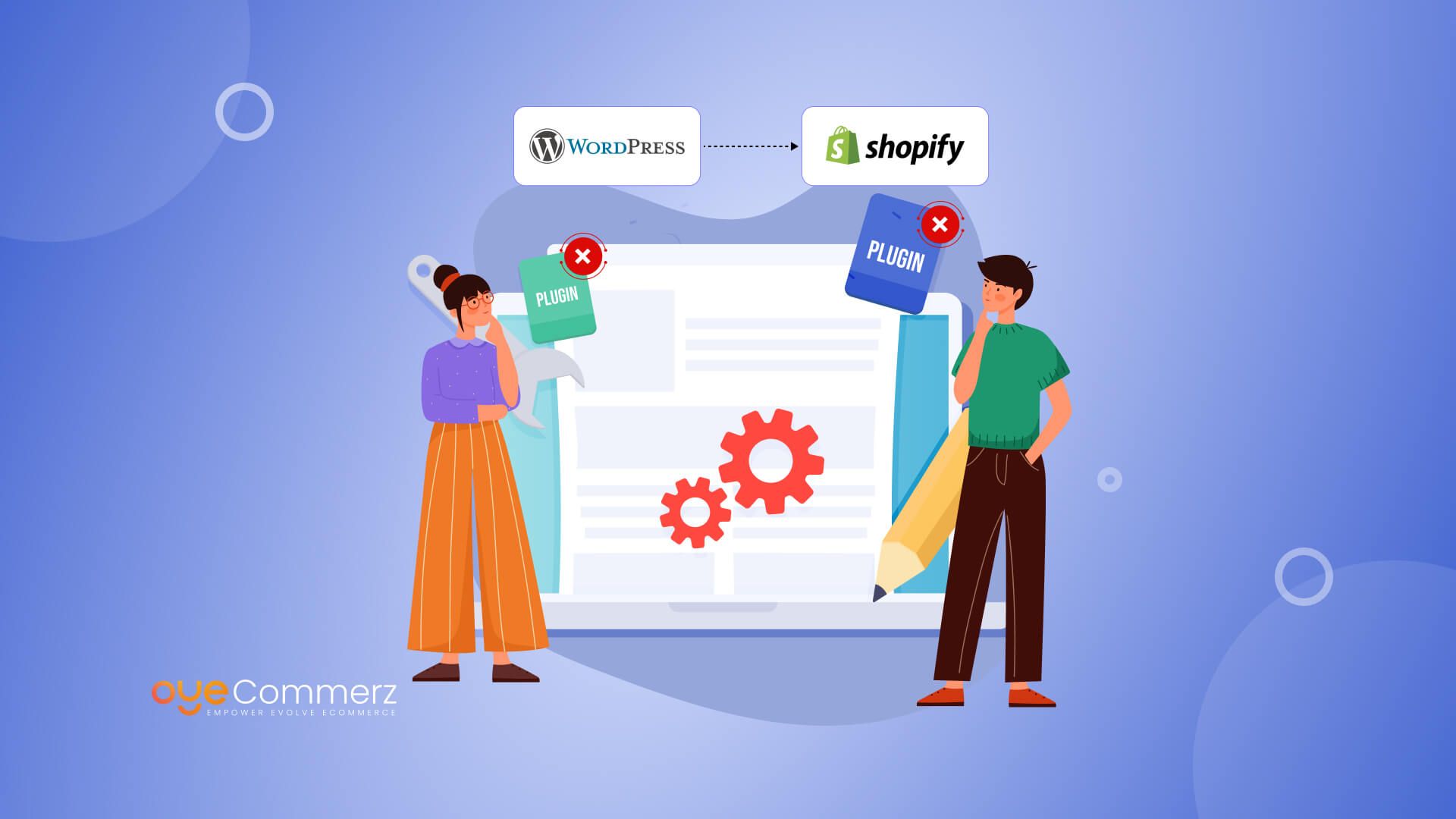In the dynamic sphere of online retail, selecting the best platform is vital for your company’s success. If you’re currently using WP and thinking about a migration to an alternative, you’re not alone. Numerous businesses are switching to leverage Shopify’s powerful features, user-friendliness, and expandability. This guide will guide you on the journey of migrating from WordPress to Shopify seamlessly, guaranteeing that you unlock your online retail potential.
Why Migrate from WP to Shopify?
Ahead of diving into the migration journey, it’s essential to realize why this change can be helpful for your digital storefront:
Intuitive Design: Shopify offers an straightforward dashboard that streamlines store operations, enabling for non-technical users.
Growth Potential: As your brand grows, Shopify can accommodate increased visitors and sales without sacrificing efficiency.
Integrated Features: Shopify includes integrated resources for search engine optimization, analytics, payment processing, and more, reducing the need for numerous plugins.
Enhanced Security: With Shopify, you benefit from robust security features that protect confidential customer data.
Steps for a Seamless Migration
Migrating your eCommerce site from WordPress to Shopify involves multiple phases.
Here’s the way to ensure a hassle-free transition:
Outline Your Migration Strategy
Kick-off by outlining your migration strategy. Decide on which aspects of your present site you wish to migrate, such as:
Item details
User details
Purchase logs
Posts
Choose the Best Migration Package
Depending on your requirements, choose a migration plan that fits your eCommerce goals. Migration experts offers multiple plans:
Basic Migration Package: Perfect for small stores with limited products.
Mid-Tier Plan: Recommended for growing businesses with more complex requirements.
Premium Migration Package: Perfect for high-volume stores demanding broad customization.
Secure Your Information
Prior to beginning the migration, make sure that you have a complete copy of your WP site. This action is critical in the event anything goes wrong during the migration.
Extract Your Data from WP
Leverage tools or custom scripts to transfer key information from your WordPress site:
Inventory
Customers
Transactions
Articles
Migrate Information into Shopify
After you have your data retrieved, use Shopify’s import tools or external apps to upload your content into your Shopify store. Confirm that all data is correctly formatted and arranged.
Adapt Your Shopify Platform
After migrating information, adjust your Shopify site’s theme to reflect with your business goals. Look into engaging a developer if you want advanced customization.
Establish TransactionOptions and Shipping Options
Configure billing solutions and logistics options in Shopify to facilitate a user-friendly transaction experience for customers.
Adopt SEO Best Practices
To preserve your search engine rankings during the migration:
Use 301 redirects from old URLs to new ones.
Revise meta tags.
Adjust media and content for SEO.
Test Your Migrated Store
Before publishing, extensively review your Shopify Shopify platform benefits store. Check for any errors, checkout failures, or incomplete files.
Launch Your Platform
When everything is in ready, it’s time to launch! Announce the transition to your users and motivate them to experience the enhanced capabilities of your Shopify store.
Post-Migration Guidance
Post releasing your Shopify store, regular support is key. Consider working with experts who can help with:
Troubleshooting
Customer engagement
Enhancing features
Conclusion
Migrating from WP to this platform can be a game-changing move for your online retail. By following this Shopify payment setup guide and leveraging professional services like those offered by OyeCommerz, you can achieve a smooth transition that improves your business potential. Accept the shift and discover the potential of Shopify today!
